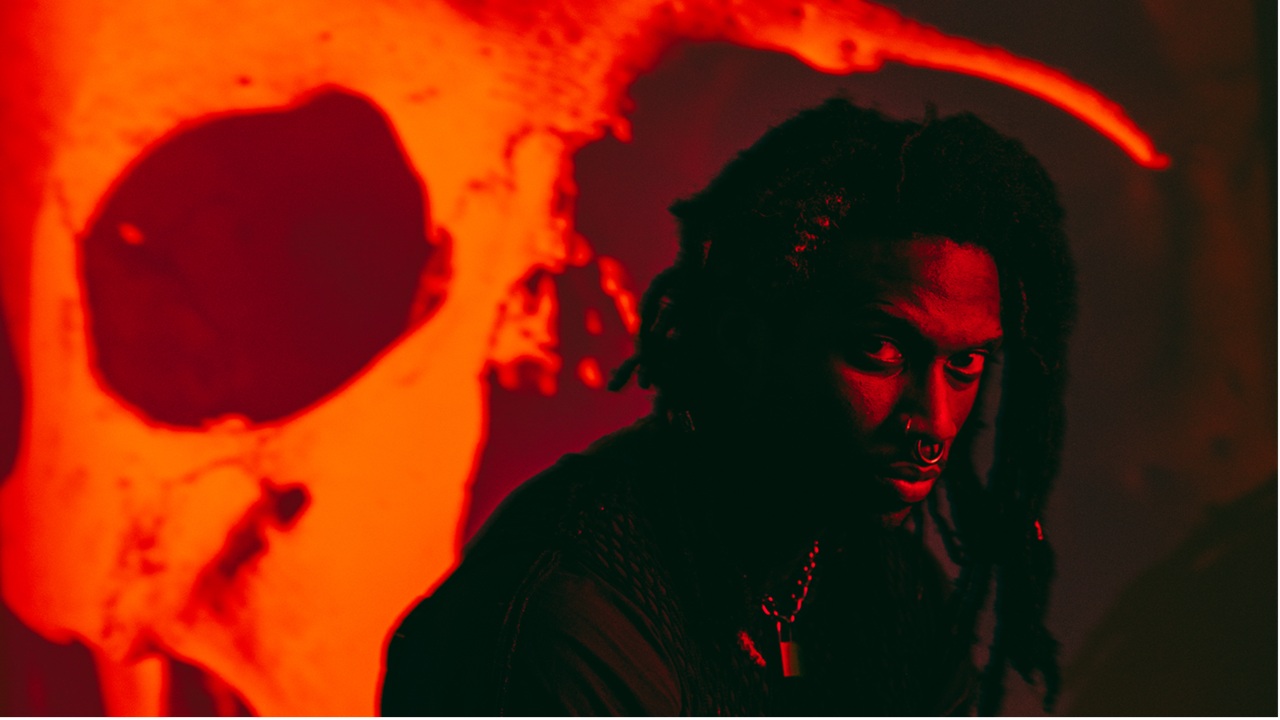"I really fought against that. It seems insane but back then, the idea of having screaming on the radio was an immediate no-go." How one classic millennial anthem brought some romance to the metal scene - and turned its makers into stars
One of the gretaest metalcore songs ever written turned this band into household names
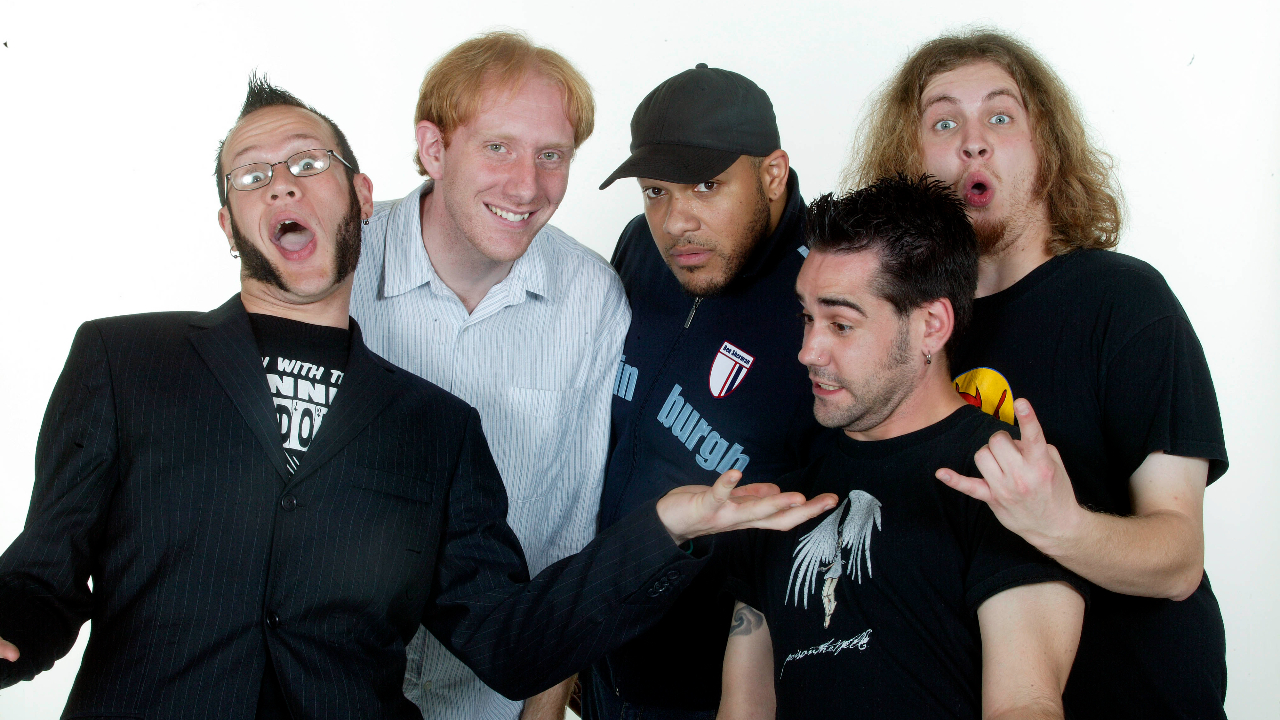
Select the newsletters you’d like to receive. Then, add your email to sign up.
You are now subscribed
Your newsletter sign-up was successful
Want to add more newsletters?

Every Friday
Louder
Louder’s weekly newsletter is jam-packed with the team’s personal highlights from the last seven days, including features, breaking news, reviews and tons of juicy exclusives from the world of alternative music.

Every Friday
Classic Rock
The Classic Rock newsletter is an essential read for the discerning rock fan. Every week we bring you the news, reviews and the very best features and interviews from our extensive archive. Written by rock fans for rock fans.

Every Friday
Metal Hammer
For the last four decades Metal Hammer has been the world’s greatest metal magazine. Created by metalheads for metalheads, ‘Hammer takes you behind the scenes, closer to the action, and nearer to the bands that you love the most.

Every Friday
Prog
The Prog newsletter brings you the very best of Prog Magazine and our website, every Friday. We'll deliver you the very latest news from the Prog universe, informative features and archive material from Prog’s impressive vault.
Today, the sound of metalcore is one of the most universally recognisable styles in modern heavy metal. We’ve come to accept it as one of our most prolific subgenres, with its own set of well-worn tropes. Back in 2004, however, it was only just beginning to come into true prominence, and although there was an exciting crop of new, young artists ready to smash through the glass ceiling, the world needed a band to give that scene the crossover anthem it deserved. Enter: Killswitch Engage.
“Obviously, this was our first album with Howard [Jones, former Killswitch frontman who replaced the outgoing Jesse Leach at the time] and we knew what a great singer he was, so why the hell wouldn’t we utilise that?” Killswitch guitarist Adam D tells us when we ask him about the creation of the tune that would send his band stratospheric.
“The song came together really easily. To be honest, I didn’t have to change the way that I wrote to incorporate Howard, or think about finding a sound that was more commercial; I just wrote something I thought sounded cool and he came in and made it soar. It just felt huge.”
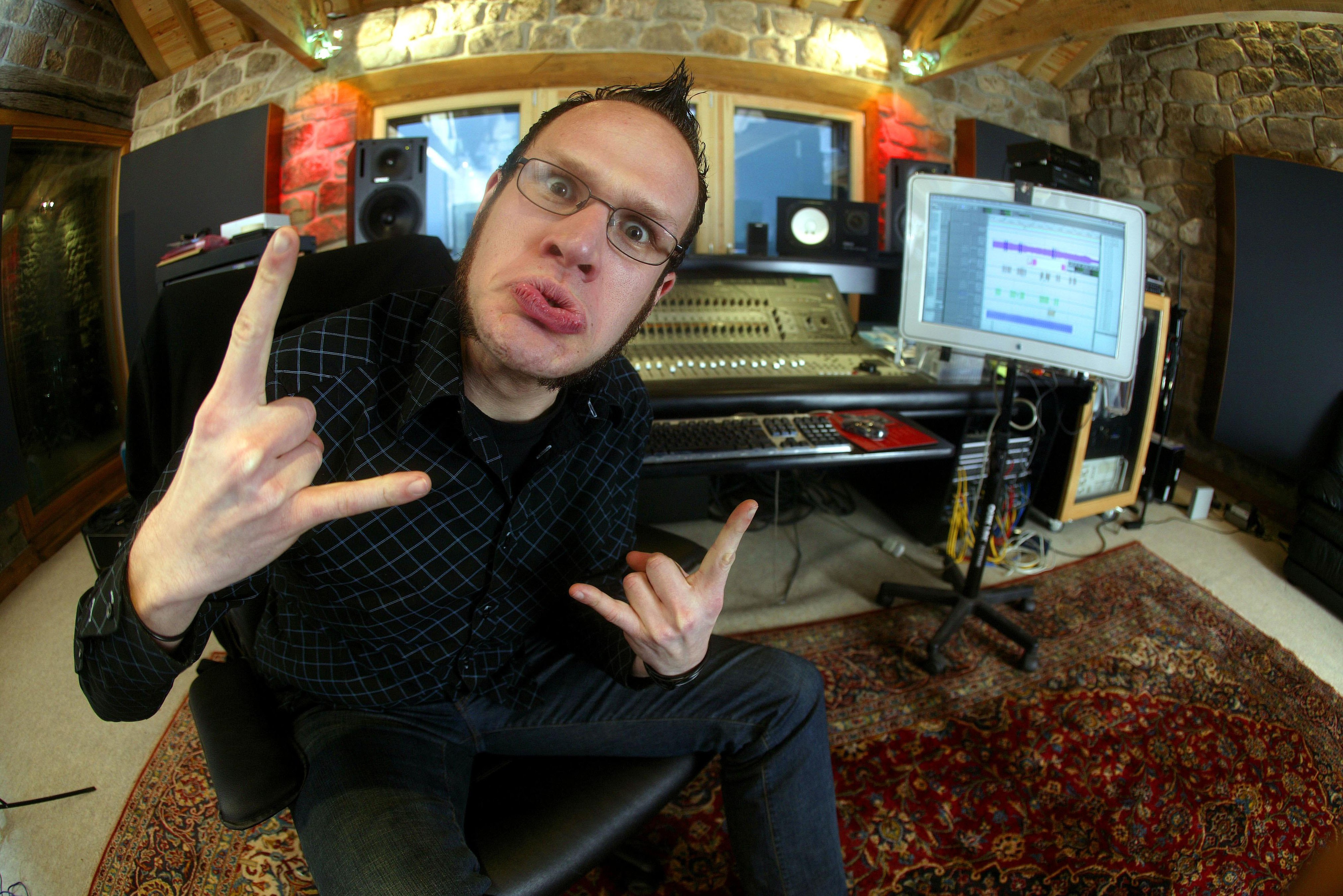
The song Adam is referring to is the title track from Killswitch Engage’s classic third album, 2004’s The End Of Heartache. The album would serve as the follow-up to the equally excellent Alive Or Just Breathing, which had taken Killswitch from being a group of unknown, underground metal-loving punks to one of the most hyped young bands in the world. The transition had happened quickly, but Adam recalls that his band learnt to grow very quickly.
“When I think back to the early days of playing heavy music in little bars around the Boston area, I genuinely don’t think I could have written a song like The End Of Heartache back then,” he admits. “I’m not sure I would have been capable of doing it. We needed to have had experience playing those bigger stages and learning what worked live before I could have tackled something like that.”
With the experience of touring to an ever-expanding fanbase on the Alive Or Just Breathing tour, and with Howard now firmly settled in his role after stepping into Jesse’s shoes in late 2002, the new-look Killswitch were aware they needed to evolve.
“We knew that people were expecting something from us,” Adam smiles. “But I’ve never felt the pressure from that, I’m always just delighted that people care about our band. But we did want to try and do something that we had never really done before, something that would translate to a huge amount of people.”
Sign up below to get the latest from Metal Hammer, plus exclusive special offers, direct to your inbox!

The End Of Heartache turned out to be the song they were looking for: a slow-building epic that eschewed the Killswitch sound of savage metallic hardcore for an altogether more anthemic vibe, Howard’s gargantuan vocal hook giving a whole new set of dynamics to the band. Ironically, Adam doesn’t remember it standing out from the rest of the material they had been working on.
“We liked it, but we had no idea it was going to be the definitive one,” he says. It wasn’t until the song’s debut live performances that the band realised it was hitting the right notes.
“When we first played it live, the reaction was crazy,” remembers Adam. “By the second verse the entire crowd were singing along with it. It just seemed to get a bigger and bigger reaction the longer we went.”
Asked why the song held such mass appeal, Adam is quick to once again lay credit at the feet of Howard.
“I love Jesse’s lyrics, I think they’re incredibly powerful, but when Howard came into the band he brought a new energy,” he says. “It was a lot more about feelings, lost love, digging into your heartache. It wasn’t as esoteric as Jesse. The crowds started to change a lot: we started seeing more girls coming, which was great!”
When Howard came into the band, he brought a new energy. It was a lot more about feelings, lost love.
Adam D
The first official single to be released from the new album had been the more aggressive Rose Of Sharyn (When Darkness Falls had previously appeared on the soundtrack to 2003 slasher Freddy Vs Jason), but it soon became apparent to the band’s label that the title track was a crossover success waiting to happen.
Still, even though this was a much more melodic-sounding Killswitch Engage track, there was the matter of polishing up the song for mainstream consumption, with a radio edit stripping the song’s screamed vocals for an even cleaner version. That’s something that still rankles with Adam all these years later.
“Yeah, I really fought against that,” he chuckles. “It seems insane to imagine it now, but back then the idea of having any type of screaming on the radio was just an immediate no-go, so we were convinced to do it. I guess it worked out pretty well, because you see the success of the song, but I really didn’t like that: I like to hear a song as it was intended by the artist. I don’t want someone coming in afterwards and making it sound more like how they would want it. That didn’t sit right with me, and I very much doubt I’d let that happen again.”
As Adam rightly concedes, the edit didn’t harm the song’s trajectory at all: it went on to give the band their first Grammy nomination for Best Metal Performance and was picked up to be featured on horror sequel Resident Evil: Apocalypse’s original soundtrack. That was something Adam describes as a “Pretty odd, pretty cool thing to be on… although I have no idea if it did anything for our career.”
Unquestionably. It’s a song that has become one of, if not the most iconic Killswitch single ever. Arriving at a time when the new breed of bands were looking to branch out and expand their sound, Killswitch Engage provided a blueprint for the next generation of metalcore bands to conquer the scene.
“I don’t know how influential it’s been to other bands,” shrugs Adam. “I do certainly think that it represented the next step in our career, though. It was kind of like a signpost to where we were going to go. Is it our most important song? It’s certainly one of them. I do wonder how different our career would have been if it hadn’t taken off like that, so, yeah, maybe it’s the key one.”
Despite this admittance, Adam does add that he hasn’t always enjoyed playing it live, even though it remains a staple of the band’s shows.
“I like playing the song live if people are into it,” he laughs. “If people are standing there saying, ‘What is this shit?’ it’s not so much fun. Any song is fun to play if you see your crowd digging it. But we did actually drop it out of the set for a little while a few years back; we were getting kind of fatigued by it and we just needed to let it rest for a while. We all knew it would come back, but sometimes you just need to have a little breather and approach it fresh.”
According to Adam, the song received its shot in the arm for him once again when Jesse rejoined the band in 2012.
“A song does take on new forms and new meanings when it is being sung by someone else,” he notes. “Jesse came in and does a great job, just like Howard did on Jesse’s songs, interpreting that song in his own unique way. It felt great hearing him sing it from the first time we jammed it. He really killed it on all of the other material, but he brings a very different intensity to that particular song, which is amazing to see.”
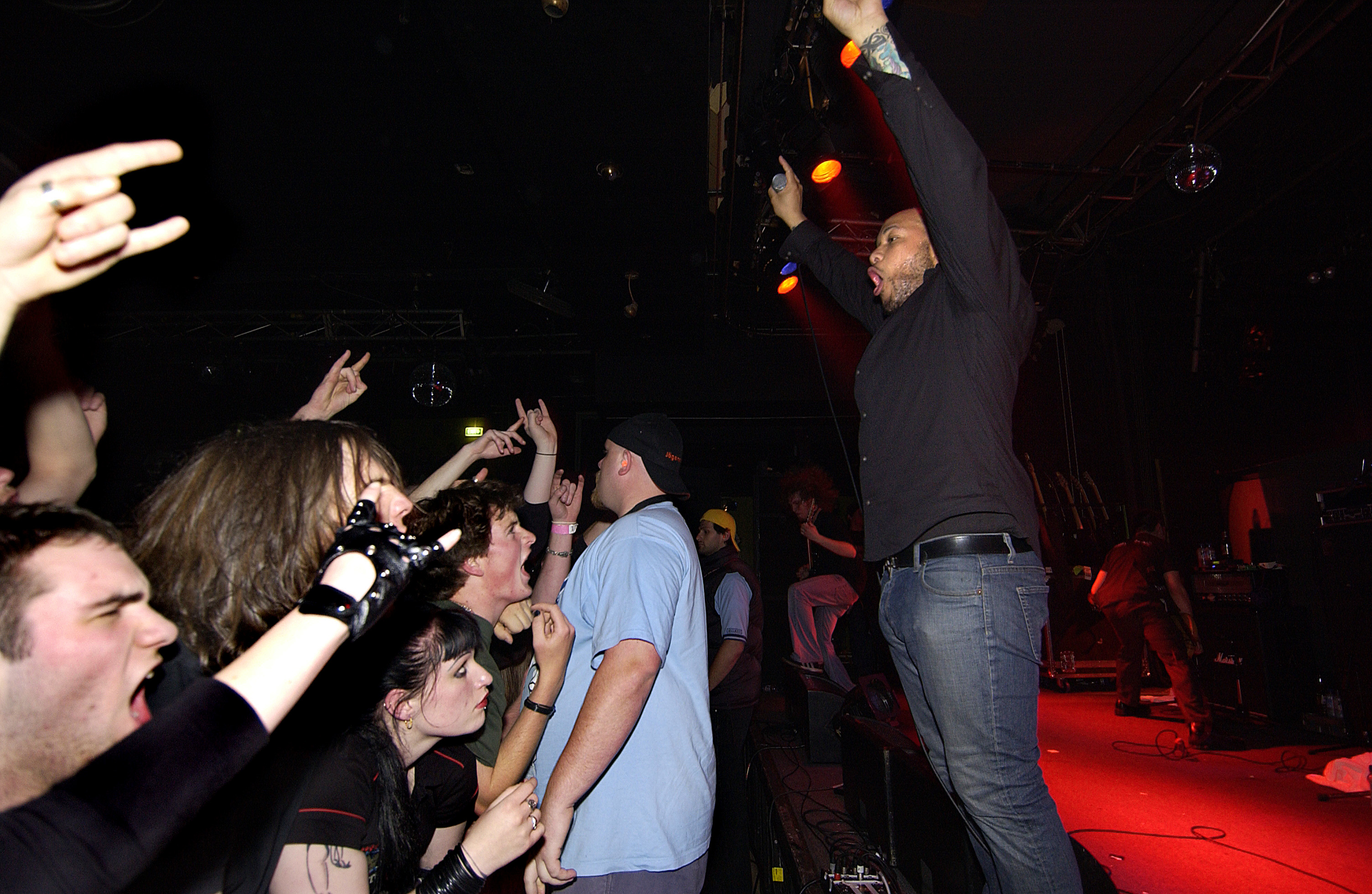
These days, the debates over who is the definitive Killswitch vocalist seems to have simmered down, especially after Howard’s appearance on Killswitch Engage's 2019 album, Atonement. Killswitch fans have, in the main, spent time celebrating two superb vocalists. There was, however, a very special performance in 2019 of The End Of Heartache, at London’s O2 Arena while supporting Iron Maiden, where Howard stepped out onstage with his former bandmates to the delight of everyone present.
“Howard was doing some Jasta shows in the UK and he came to see us,” smiles Adam. “We were sitting backstage and we decided to do a song, and that just felt like the right one for us to do. We loved doing it, it was actually very emotional for me. I had all kinds of memories come flooding back, and to see the reaction, there and online afterwards, was just really beautiful. It means a lot to all of us that the song still means so much to so many people all these years later.”
That it does, and you can’t see it changing. The End Of Heartache is still an anthem, a landmark and a key song to the growth of metalcore 15 years down the line.
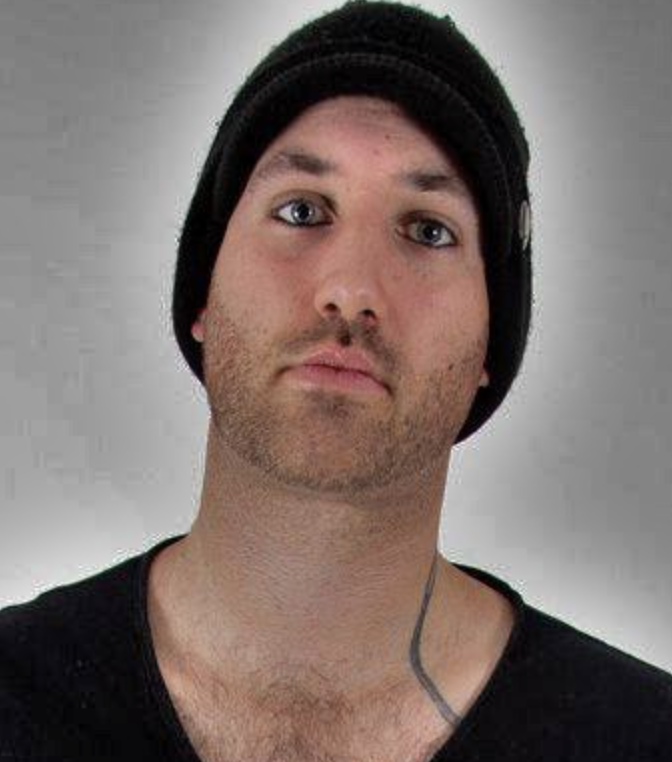
Stephen joined the Louder team as a co-host of the Metal Hammer Podcast in late 2011, eventually becoming a regular contributor to the magazine. He has since written hundreds of articles for Metal Hammer, Classic Rock and Louder, specialising in punk, hardcore and 90s metal. He also presents the Trve. Cvlt. Pop! podcast with Gaz Jones and makes regular appearances on the Bangers And Most podcast.
You must confirm your public display name before commenting
Please logout and then login again, you will then be prompted to enter your display name.

